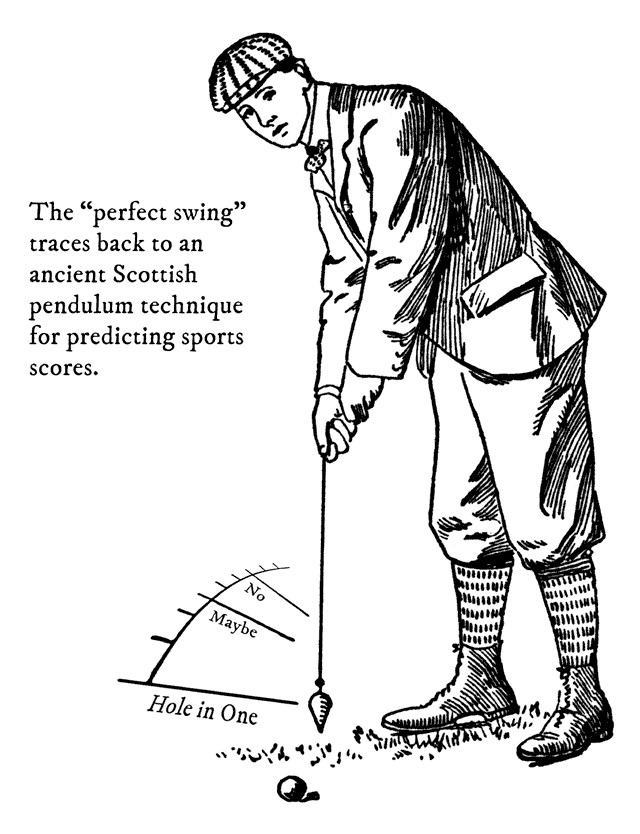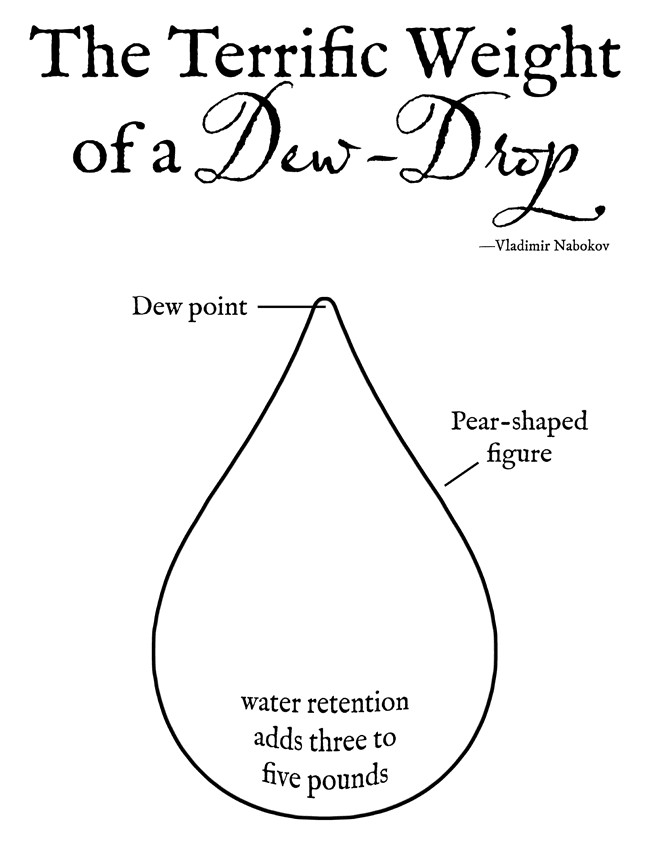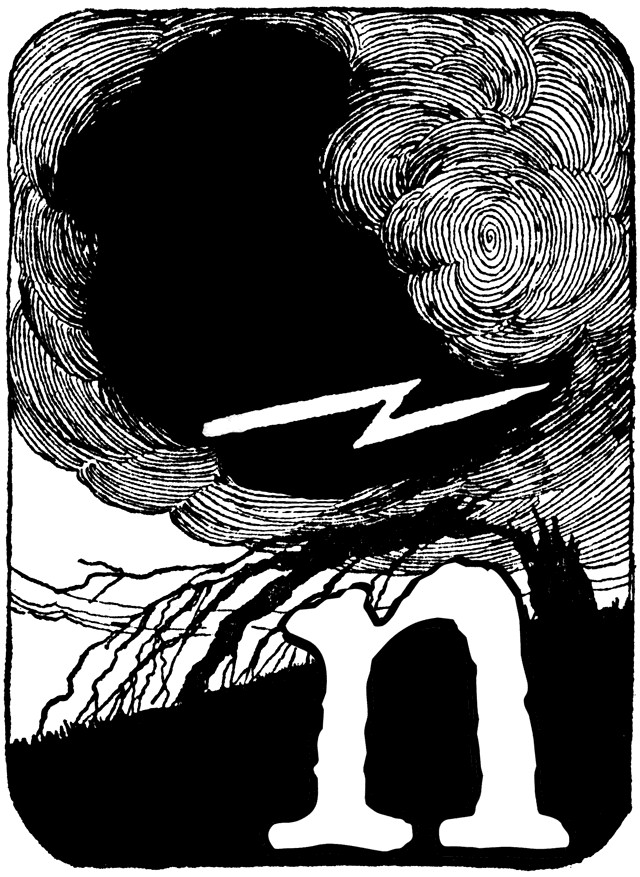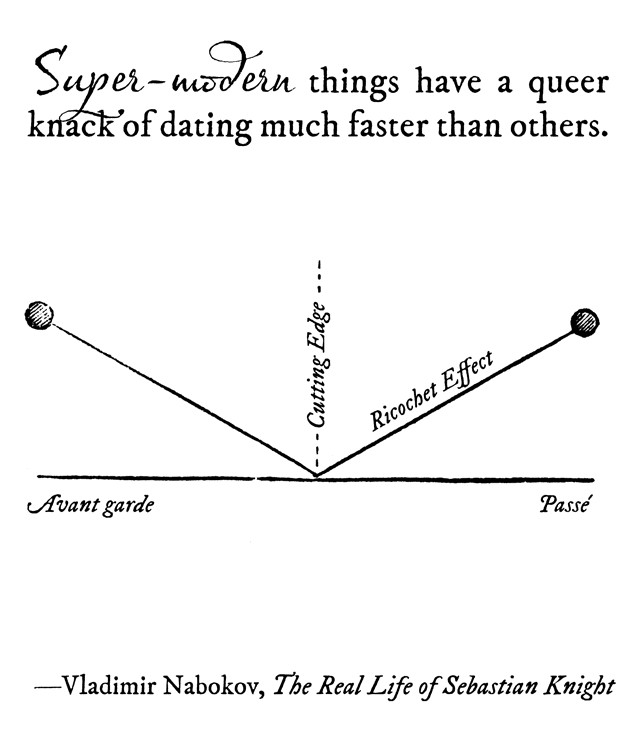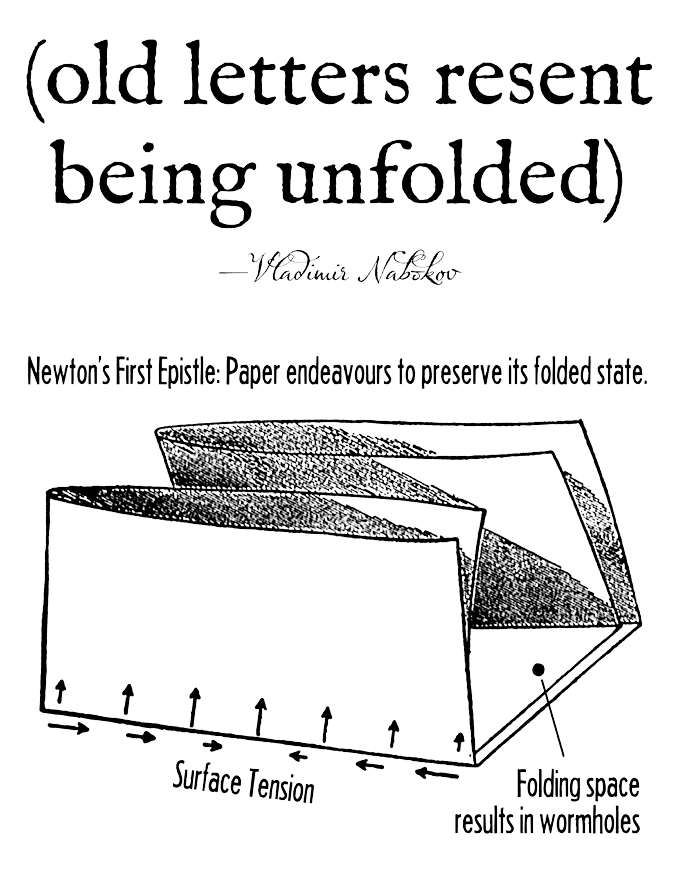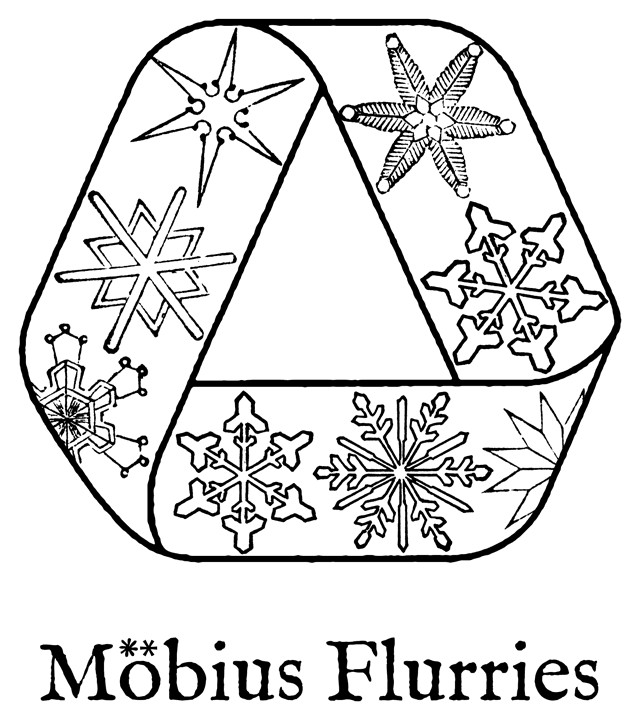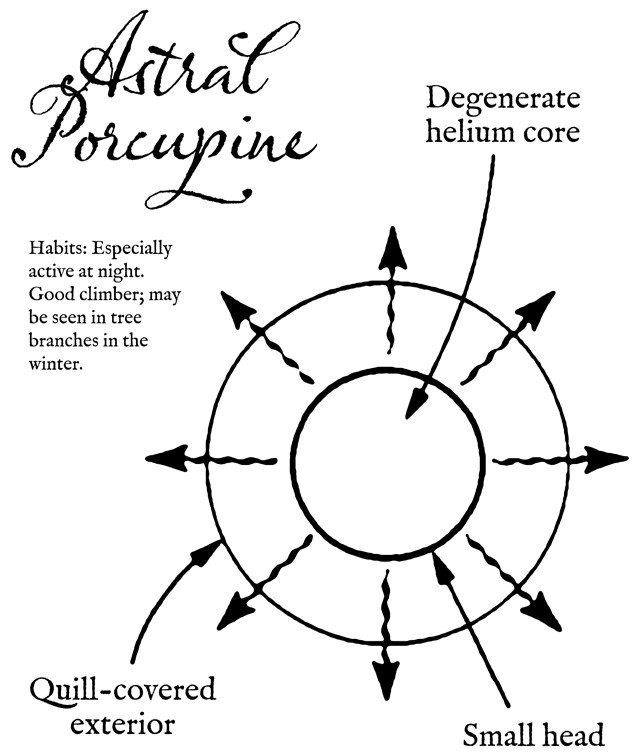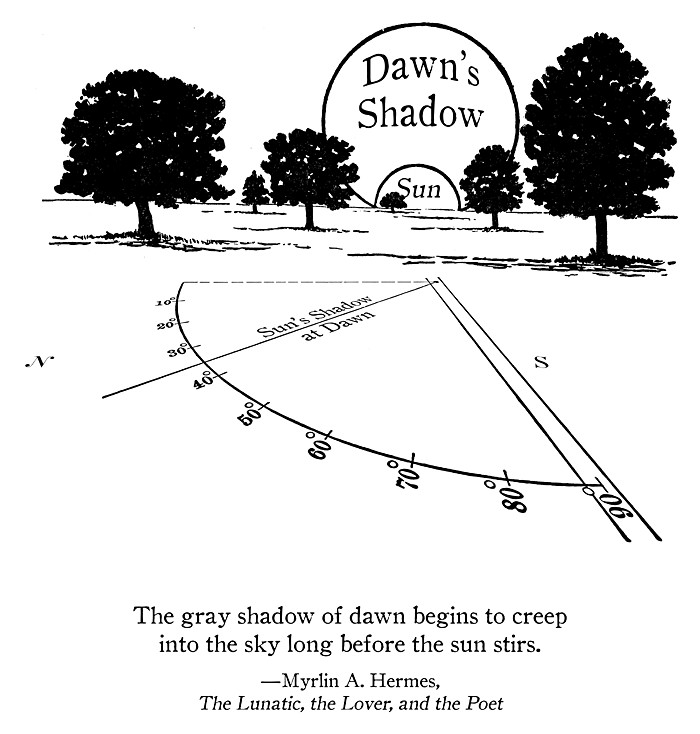Professor Oddfellow's Forgotten Wisdom
Printed collections of Forgotten Wisdom diagrams are available: Volume I from Mindful Greetings and Volumes II, III and IV from Amazon. Selected posters are also available via Zazzle. |

 |
|
|
 |
 |
 |
From Prof. Oddfellow's sketchbook:
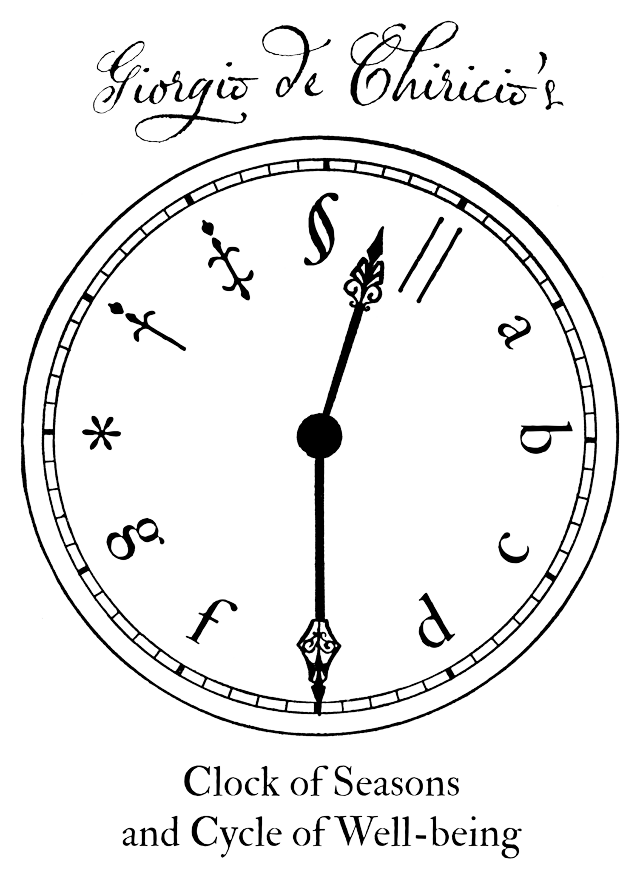
12:30. "The steeple clock marks half past twelve. The sun is high and burning in the sky. It lights houses, palaces, porticos. Their shadows on the ground describe rectangles, squares, and trapezoids of so soft a black that the burned eye likes to refresh itself on them. What light. ... Has such an hour ever come? What matter, since we see it go!”
* January.
† February.
‡ March.
§ April. "At least the twelfth hour came. Solemn. Melancholic.” "And now the sun has stopped, high in the center of the sky. And in everlasting happiness the statue immerses its soul in the contemplation of its shadow.”
|| May.
a June.
b July. "In fact, summer is a malady, it’s all fever and delirium and exhausting perspiration, an unending weariness.”
c August.
d September. "If the fifth hour of the afternoon is that which comes between evening and the second half of the day, the month of September is that which comes between two seasons: summer and autumn. That corresponds, in the case of a sick person, to the moment which precedes convalescence, and that which, naturally, at the same time, marks the end of the malady.”
e October. "Autumn is convalescence.”
f November. "Day is breaking. This is the hour of the enigma. This is also the hour of prehistory. The fancied song, the revelatory song of the last, morning dream of the prophet asleep at the foot of the sacred column, near the cold white simulacrum of a god.”
g December. The beginning of life and health (winter).
(All quotations from Giorgio de Chirico’s Hebdomeros.)
|





 |
|
|
 |
 |
 |
In our book on Divination by Punctuation, we note this marvelous take on the hyphen by the great scholar of anomalies, Charles Fort: "We have to get along with the logical-illogical, in our existence of the hyphen. Everything that is said to be logical is somewhere out of agreement with something, and everything that is said to be illogical is somewhere in agreement with something. . . . In an existence of the hyphen, it is impossible to be altogether wrong—or right" ( Wild Talents, 1932). While on the subject of hyphens: Here's a hyphen-shaped cloud. Is this a hyphen trapped in time? A page emblazed with the words "This page intentionally left blank" is hilarious to folks blessed with the ability to comprehend irony (recall our previous post in which a person with irony-challenges proudly stepped out from under a rock, discordance be damned!). But we surely approve of working a hyphen into such ironically non-blank pages. Speaking of irony, we're reminded of a great line in the classic comedy series Black Adder: "'Have you no idea what 'irony is?' 'Yeah, it's like goldy and bronzy, only it's made of iron." |






 |
|
|
 |
 |
 |
From Prof. Oddfellow's sketchbook: This piece was inspired by Andy Paik and Arcana Chaos. The red letter C is from the award-winning typeface created for our One-Letter Words: A Dictionary (HarperCollins) by Mucca Design. |


 |
|
|
 |
 |
 |
From Prof. Oddfellow's sketchbook: This one is for our friend Jeff; we immediately noticed that the name of his mysterious pen pal "Redacted the Jackal" is an anagram of "Jacketed Cathedral."

Jeff writes: Thank you, Craig, and I believe one of my relatives was the model for those shoulder accessories.
|




 |
|
|
 |
 |
 |
From Prof. Oddfellow's sketchbook:
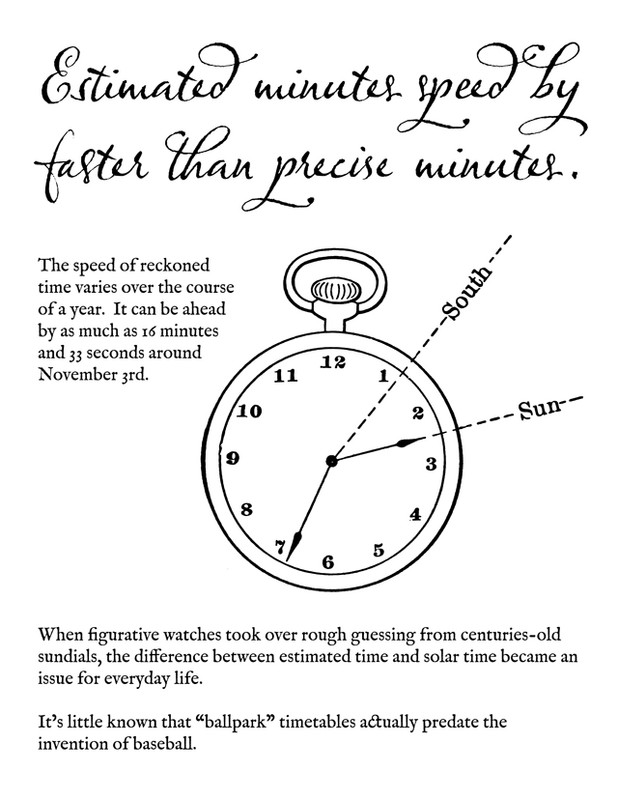
Inspired by literary scalawag Jonathan Caws-Elwitt, who adds: In fact, if I am to be believed,* a "ballpark" estimate is etymologically unrelated to the brick-and-mortar ballparks in which America's favorite pastime is indulged. "Ballpark" in the temporal sense began life as "by all perquisites," a phrase first utilized by seventeenth-century bureaucrats to acknowledge that a fiscal estimate was just that—an estimate. (Merriam-Webster notes that a "perquisite" is "a privilege, gain, or profit incidental to regular salary or wages; especially: one expected or promised" [my emphasis]. Appending "by all perq." to a budgetary item was what we might call an instance of "CYA." Over the centuries, this term compressed itself to Hawthorne's "byalperk" [as seen in "More on the Custom-House; or, I Forgot to Tell You Some of the Fascinating Details of My First Summer Job"] and, in due course, Sinclair Lewis's "ballperk" [as seen in Hartdale, his satire about a social-climbing golden retriever]. It was only in the second half of the twentieth century that the association with baseball venues became irresistible and then indelible.
*Note: I am not.
--- June writes: And by the time they get here, it will be almost night, honey, so that's already one day done.
--- Alexandra writes: This accounts for why I am usually late... it's my throwback approach that time needs merely to be reckoned. Minutes are much more exciting this way!
|


Page 8 of 20

> Older Entries...

Original Content Copyright © 2025 by Craig Conley. All rights reserved.
|



